As always, I am massively impressed with the progress the Mesa developers have made. The open source Vulkan driver 'radv' has continued to evolve recently.
Recently, this open source driver has added three new supported extensions:
- VK_AMD_negative_viewport_height
- VK_AMD_draw_indirect_count
- VK_KHR_sampler_mirror_clamp_to_edge
Anisotropic filtering is now supported on Sea Islands and Southern Islands cards, which should help with more games.
Mostly recently, a bug fix was committed to stop the driver going into undefined memory, which will fix some random failures in the driver itself.
Dave Airlie has also sent in a patch for initial PRIME support for radv. It's early days yet and Dave said it himself that this is currently "kind of a gross hacks" so it will be a while before it's stable and ready. For those that don't know: PRIME is a way to handle hybrid graphics on Linux.
You can keep track of the progress yourself too, simply go to this page and you can see all the commits labelled "radv" in the commit message.
Recently, this open source driver has added three new supported extensions:
- VK_AMD_negative_viewport_height
- VK_AMD_draw_indirect_count
- VK_KHR_sampler_mirror_clamp_to_edge
Anisotropic filtering is now supported on Sea Islands and Southern Islands cards, which should help with more games.
Mostly recently, a bug fix was committed to stop the driver going into undefined memory, which will fix some random failures in the driver itself.
Dave Airlie has also sent in a patch for initial PRIME support for radv. It's early days yet and Dave said it himself that this is currently "kind of a gross hacks" so it will be a while before it's stable and ready. For those that don't know: PRIME is a way to handle hybrid graphics on Linux.
You can keep track of the progress yourself too, simply go to this page and you can see all the commits labelled "radv" in the commit message.
Some you may have missed, popular articles from the last month:
All posts need to follow our rules. For users logged in: please hit the Report Flag icon on any post that breaks the rules or contains illegal / harmful content. Guest readers can email us for any issues.
I finally got around to watching the Steam Dev Days Vulkan talk last night and if I remember correctly both the guy from Croteam and Unity said they have Vulkan outperforming DX11 and they haven't even gotten to some of their optimizations like caching and neither of them have true (Vulkan style?) multithreading. It's outperforming on a single thread. Well, they technically have it mutithreaded, but it's using the DX11/OpenGL way of multithreading, which ultimately the API ends up sending commands on a single thread.
I'm not an AMD guy, but if these drivers keep getting up there I may become one in a year or two since I'd rather give my money to them instead of Nvidia :)
Edit: And Happy Thanksgiving to my fellow Americanos
Last edited by natewardawg on 24 Nov 2016 at 2:29 pm UTC
I'm not an AMD guy, but if these drivers keep getting up there I may become one in a year or two since I'd rather give my money to them instead of Nvidia :)
Edit: And Happy Thanksgiving to my fellow Americanos
Last edited by natewardawg on 24 Nov 2016 at 2:29 pm UTC
1 Likes, Who?
MESA is maintained by VMWare. I wonder if it will soon be possible to play games out of a Windows VM under Linux with direct hardware access.
Last edited by 0aTT on 24 Nov 2016 at 2:38 pm UTC
Last edited by 0aTT on 24 Nov 2016 at 2:38 pm UTC
1 Likes, Who?
I'll take any progress they can give.
0 Likes
How about Vulkan for Nouveau? For Nvidia FOSS driver.
0 Likes
I'm using Nvidia now, but I'm getting an AMD card as soon as Vega chips will come out.
2 Likes, Who?
I'll be going AMD too, surprisingly.
Not just because of Vulkan, but even with the OSS driver rapidly catching up in gaming performance to the blobs as it is.
Not just because of Vulkan, but even with the OSS driver rapidly catching up in gaming performance to the blobs as it is.
0 Likes
I'm using Nvidia now, but I'm getting an AMD card as soon as Vega chips will come out.
in all honesty i have found the Nvidia desktop and a lot of games too have very bad frame delivery. Sure the FPS is higher but many games don't have that reallybutter smooth 60fps feel that i used to get on windows d3d titles.. that is until i played the same games where i could manage 60fps on the AMD opensource driver and it returned :/
The only thing i have never managed to get out of AMD is peak performance, but if that changes then i will consider AMD.
Last edited by on 24 Nov 2016 at 11:03 pm UTC
0 Likes
Also, Nvidia will drag their feet with Wayland support and this whole eglstreams / no eglstreams debacle, so it's another reason for me to switch.
0 Likes
Hmmm . . . seems like things are really switching around. But what's the time frame here and how solid is the expectation? When will we really be able to say AMD cards and drivers work, work well, maybe work better/more reliably than NVidia?
Because let's face it, for a long time now whether we like it or not NVidia cards and the NVidia proprietary blob has been the practical approach to Linux gaming. And I'm a bit vague on it, but I have the distinct feeling that there have been a couple of occasions when AMD prospects, like for good open source drivers, have looked good but not really followed through. Things look good again right now, probably better and more solid than on such previous occasions, but I am not knowledgeable enough to tell how close to a sure thing that is.
Because let's face it, for a long time now whether we like it or not NVidia cards and the NVidia proprietary blob has been the practical approach to Linux gaming. And I'm a bit vague on it, but I have the distinct feeling that there have been a couple of occasions when AMD prospects, like for good open source drivers, have looked good but not really followed through. Things look good again right now, probably better and more solid than on such previous occasions, but I am not knowledgeable enough to tell how close to a sure thing that is.
0 Likes
I think they already work well. And if you get a high performance card like upcoming Vega, it will be enough. When threading will be added to radenosi, CPU bottlenecked scenarios will improve as well. So far OpenGL is already in good shape and improving. But Vulkan isn't spec complete yet.
Last edited by Shmerl on 25 Nov 2016 at 12:54 am UTC
Last edited by Shmerl on 25 Nov 2016 at 12:54 am UTC
0 Likes
Recent examples were posted here: https://www.youtube.com/channel/UCbbQ-XbuhYOc-dHF_J0RBOQ
0 Likes
I'm using Nvidia now, but I'm getting an AMD card as soon as Vega chips will come out.
in all honesty i have found the Nvidia desktop and a lot of games too have very bad frame delivery. Sure the FPS is higher but many games don't have that reallybutter smooth 60fps feel that i used to get on windows d3d titles.. that is until i played the same games where i could manage 60fps on the AMD opensource driver and it returned :/
The only thing i have never managed to get out of AMD is peak performance, but if that changes then i will consider AMD.
Agreed, it's always been a bit frustrating to me that on nvidia I could get decent game performance, but have a desktop that would chug, tear and just be a bit inconsistent in general. The first time I experienced a composited desktop on an Intel driver instead, it was a total world of difference in smoothness.
That's what I'm hoping to eventually get with AMD.. The best of both worlds, or near enough.
0 Likes
I'm using Nvidia now, but I'm getting an AMD card as soon as Vega chips will come out.
in all honesty i have found the Nvidia desktop and a lot of games too have very bad frame delivery. Sure the FPS is higher but many games don't have that reallybutter smooth 60fps feel that i used to get on windows d3d titles.. that is until i played the same games where i could manage 60fps on the AMD opensource driver and it returned :/
The only thing i have never managed to get out of AMD is peak performance, but if that changes then i will consider AMD.
Agreed, it's always been a bit frustrating to me that on nvidia I could get decent game performance, but have a desktop that would chug, tear and just be a bit inconsistent in general. The first time I experienced a composited desktop on an Intel driver instead, it was a total world of difference in smoothness.
That's what I'm hoping to eventually get with AMD.. The best of both worlds, or near enough.
Thats what you never hear about. Just how awful the Nvidia desktop experience is. It doesn't matter if its on a 1080 or a TitanX, compared to some ancient intel IGP on a bargain bucket laptop .. the intel is much smoother and quicker to respond. Tearing and micro stutter or speed up and slow down even on a locked 60fps game is noticeably worse on Nvidia blob than the intel or AMD FOSS driver. Some games however do work very well on Nvidia for smoothness, its just a mixed bag. That said comparing to fglrx i can see why people had no choice but to move to Nvidia.
0 Likes
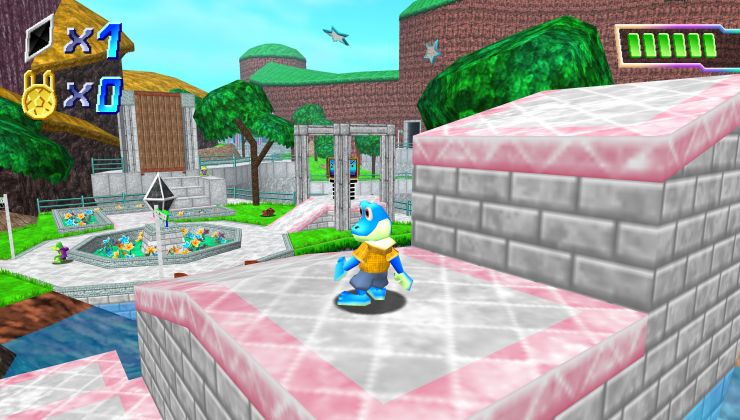
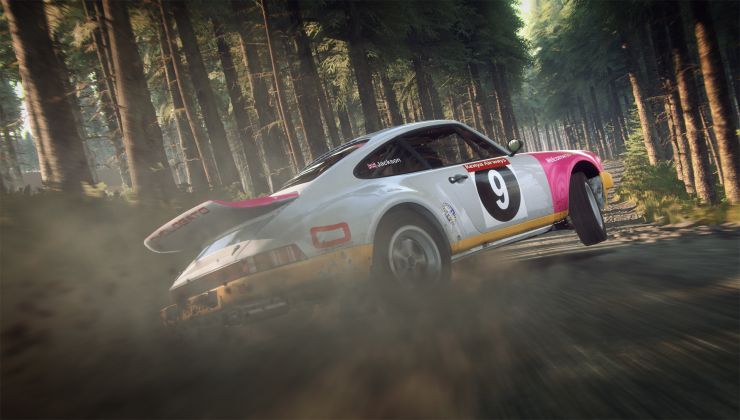
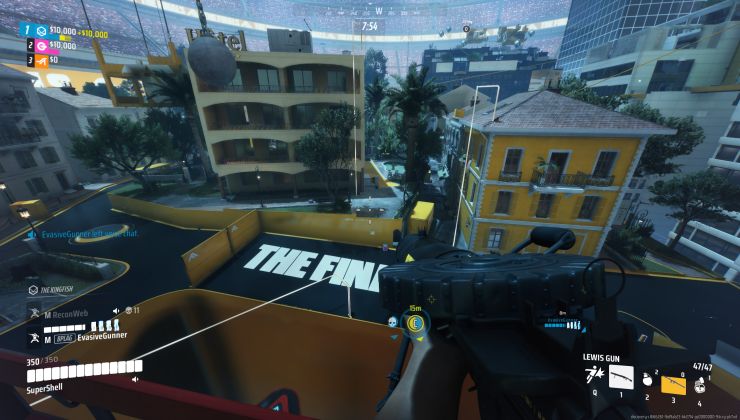
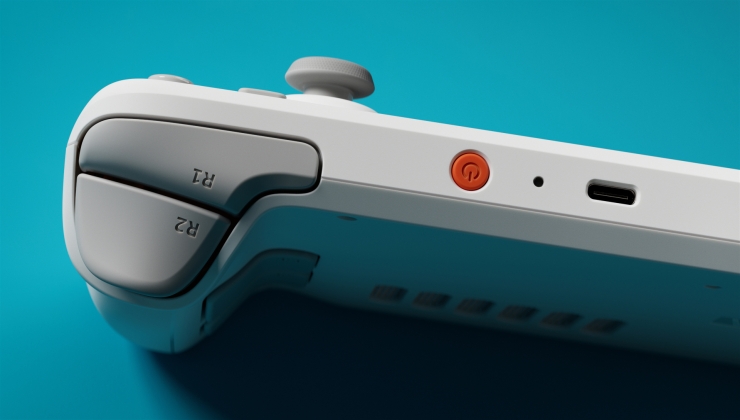




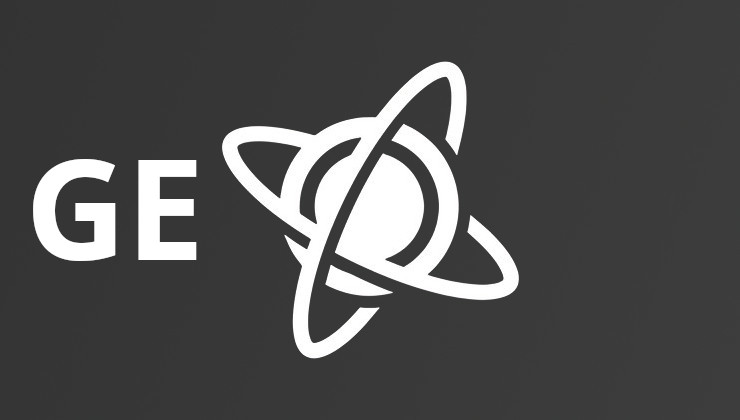 How to install GE-Proton on Steam Deck, SteamOS, Linux
How to install GE-Proton on Steam Deck, SteamOS, Linux An idiots guide to setting up Minecraft on Steam Deck / SteamOS with controller support
An idiots guide to setting up Minecraft on Steam Deck / SteamOS with controller support
See more from me